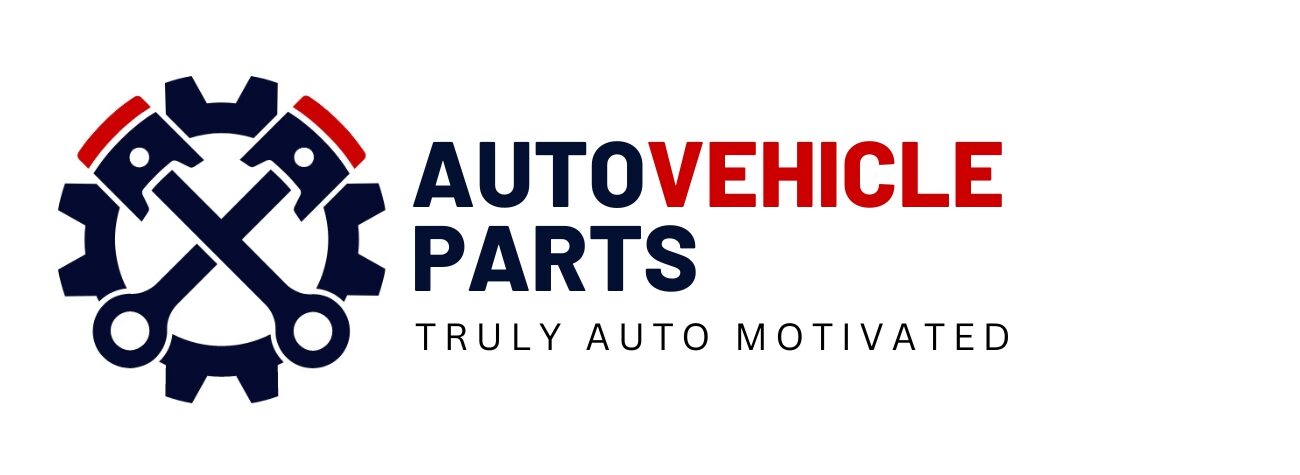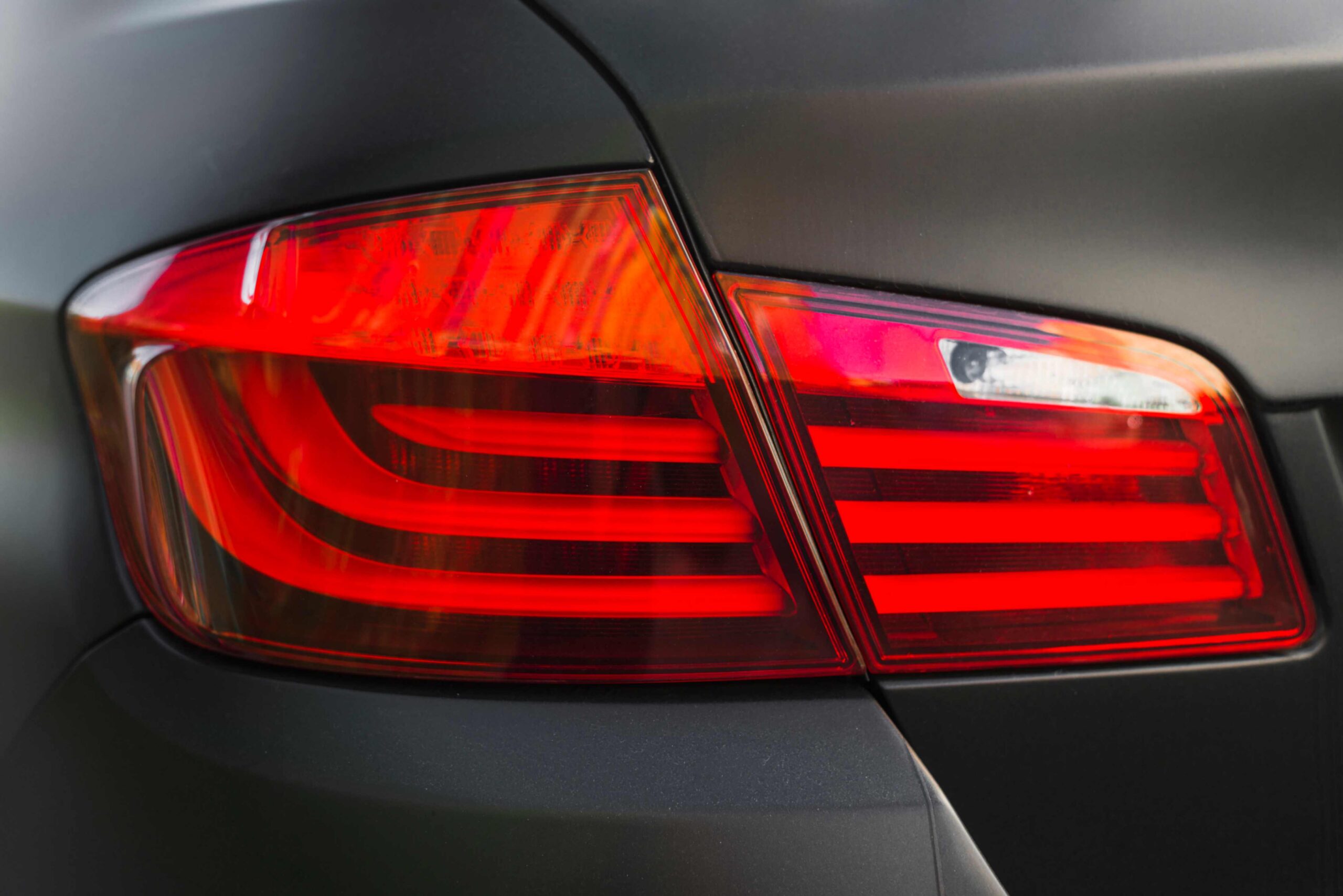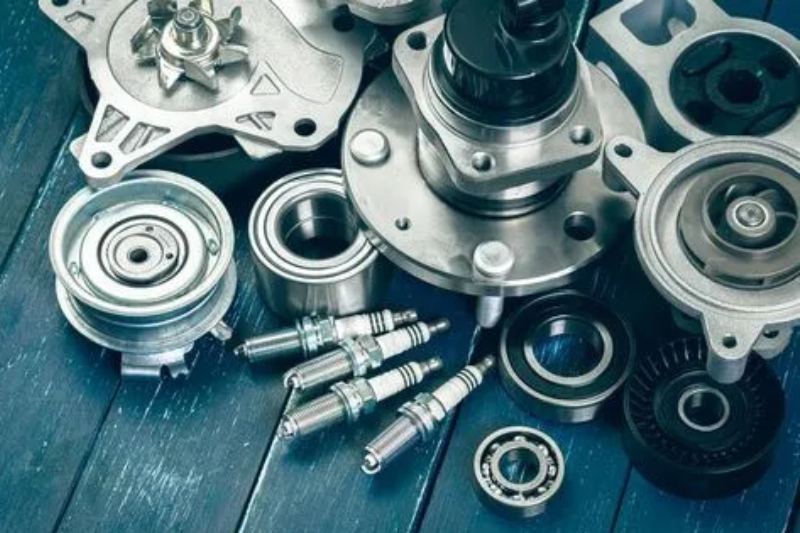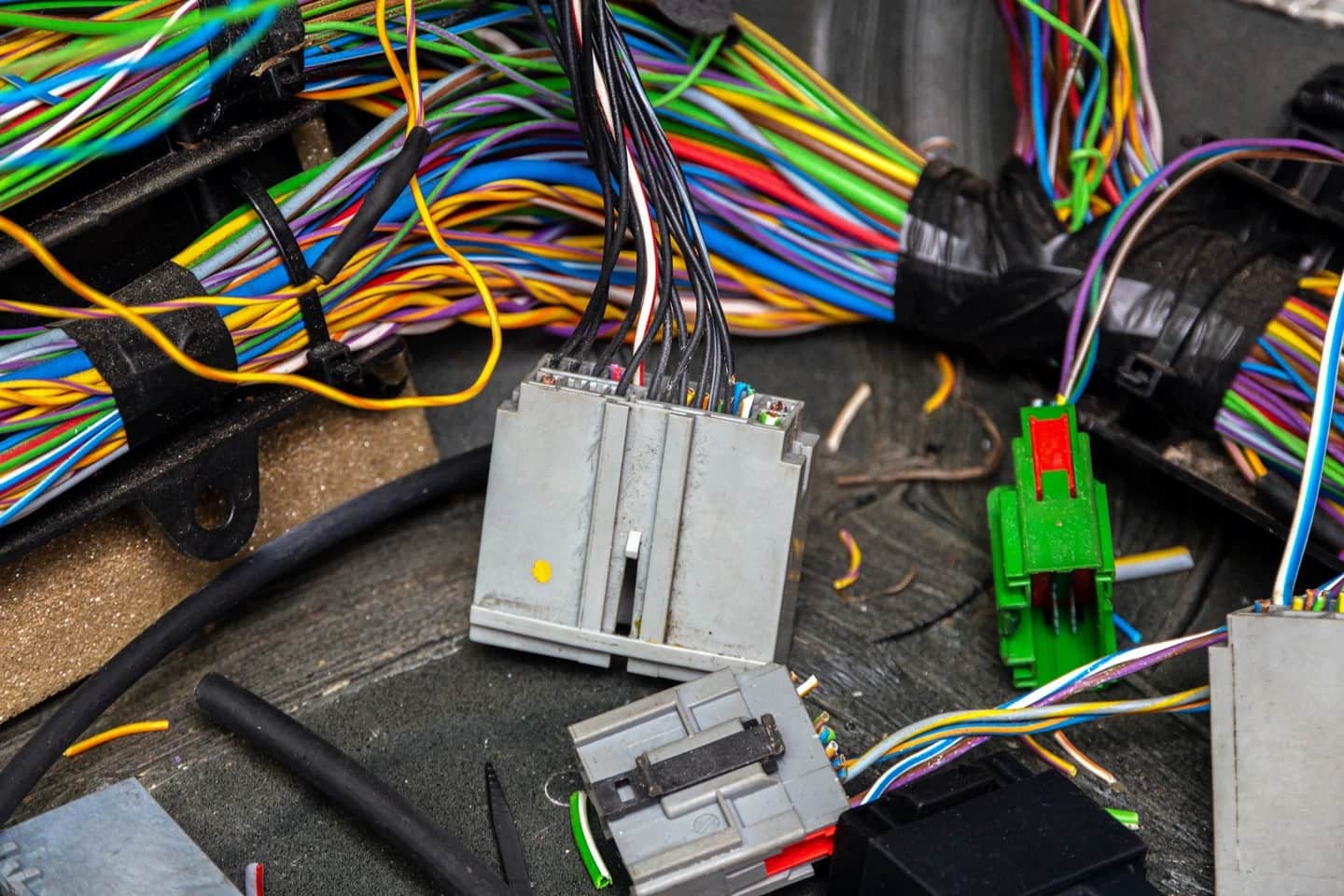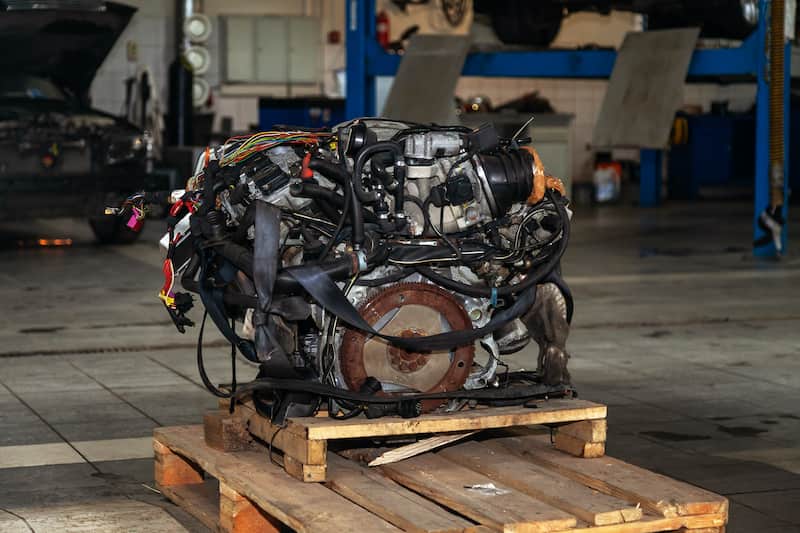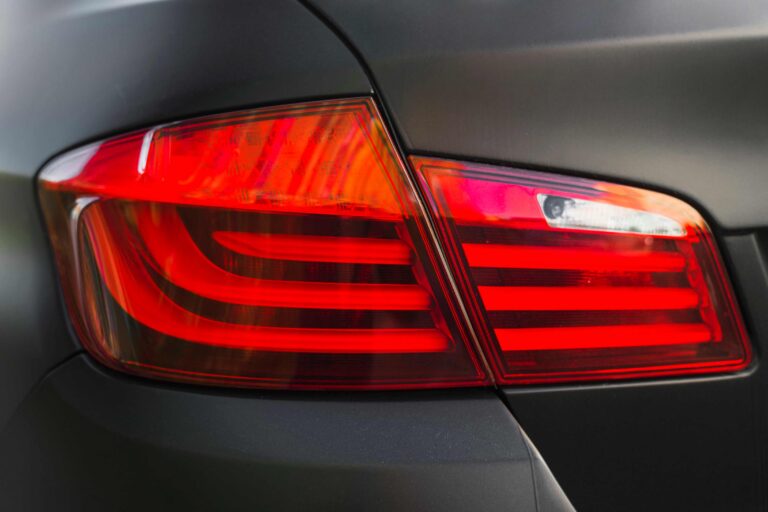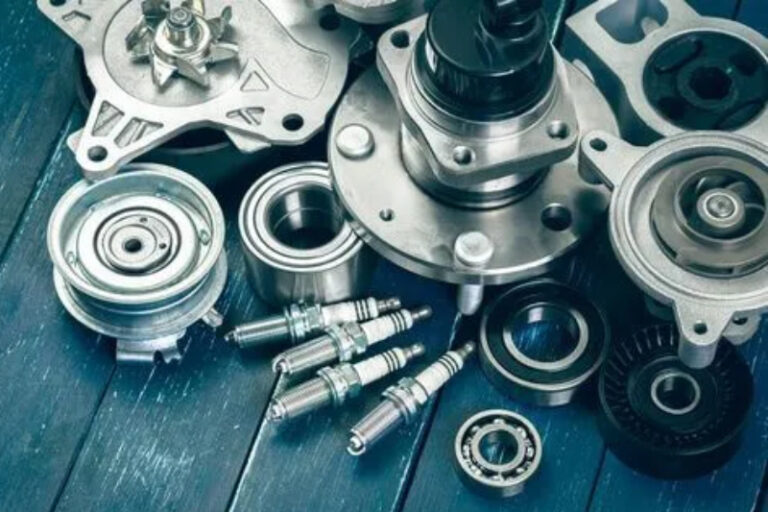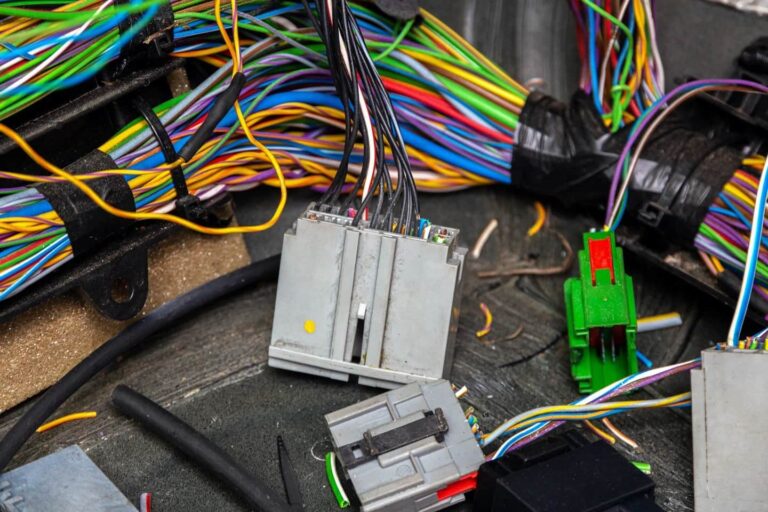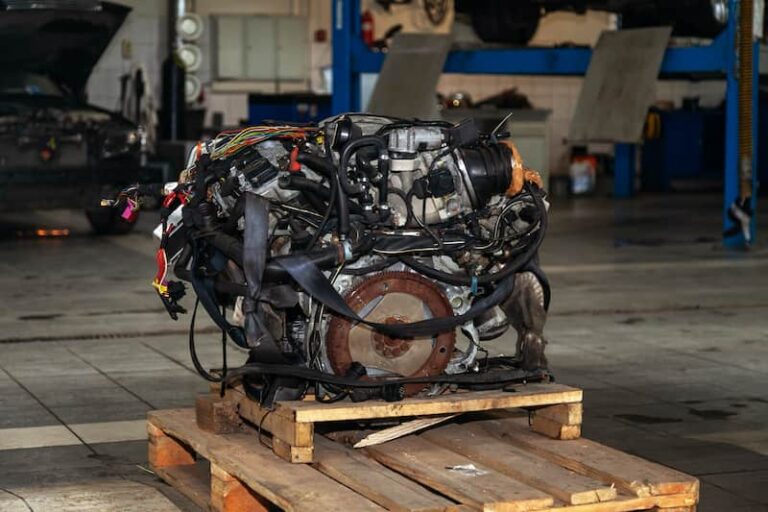When buying a used car, there are always several thoughts racing through your mind. You might wonder about the car’s condition, its maintenance history, or whether it’s been in an accident. But one question that always stands out is – what is the good mileage on a used car? Is high mileage a red flag, or can it still be a good deal if the car is well-maintained?
Mileage plays a big role in determining the longevity, value, and reliability of a used car. However, mileage alone does not tell the full story. A vehicle’s maintenance history, driving habits, and environmental conditions also have a huge impact on how well it performs over time. Let’s take a deeper look at what makes mileage “good” and how to evaluate it when purchasing a used car.
What Is Considered Good Mileage for a Used Car?
Generally, the average driver covers around 12,000 miles per year. Using this as a benchmark, a ten-year-old car with 120,000 miles would have an average mileage. So, if you’re looking at a car from 2015 that has 120,000 miles or less on it, you can consider that reasonable.
However, mileage is just one part of the story. A used car with lower mileage may appear more attractive, but if it hasn’t been properly maintained or has been sitting unused for long periods, it could develop mechanical problems. Conversely, a well-maintained high-mileage car could offer excellent reliability and performance.
In short, good mileage depends on both the number of miles driven and how those miles were accumulated. Long highway drives are easier on the engine than frequent short trips in stop-and-go traffic.
Why Mileage Isn’t the Only Factor to Consider
Many buyers believe that low mileage automatically means a better vehicle. While this is true to some extent, there are several other factors that matter equally – if not more.
1. Maintenance History
A vehicle that has received regular oil changes, tune-ups, and inspections can often last much longer than one that hasn’t been properly maintained. Always ask for service records before making a purchase. A car with high mileage but a detailed maintenance history can often be a more reliable choice than a low-mileage car that has been neglected.
2. Driving Conditions
The environment and terrain where the car has been driven also affect its lifespan. Cars driven mostly on highways experience less wear compared to vehicles used in city traffic with constant braking and acceleration.
3. Climate and Location
Cars used in hot, dry regions tend to fare better than those driven in cold or humid climates. Vehicles exposed to road salt and moisture may suffer from corrosion and rust, especially in areas with heavy snowfall.
4. Brand and Build Quality
Some car manufacturers are known for durability and longevity. Brands like Toyota, Honda, and Subaru have earned reputations for producing vehicles that can easily surpass 200,000 miles with proper care. Luxury brands may have higher repair costs, but they often feature stronger engines and more durable parts.
Is It Good to Buy a Car With High Mileage?
The old saying “avoid high-mileage cars” doesn’t hold true anymore. Modern vehicles are built to last much longer than those from a decade ago. Many cars today can reach 200,000 to 250,000 miles with proper care and maintenance.
In fact, according to industry data, the average car on American roads today is about 11 to 12 years old, often showing between 130,000 to 150,000 miles. So, buying a car with 100,000 miles isn’t necessarily a bad thing if it’s been well taken care of.
Here are a few benefits of buying a well-maintained high-mileage car:
- Lower purchase price: High-mileage cars often cost significantly less.
- Slower depreciation: The car’s value won’t drop as quickly as a newer vehicle.
- Proven reliability: If a car has run 100,000 miles without major problems, it’s a sign of strong engineering.
However, always get a professional inspection before purchase to ensure there are no major issues hidden beneath the surface.
What to Look Out for When Buying a Used Car
When you’re evaluating a used vehicle, consider more than just the mileage. These key points can help you make a smarter decision:
Car’s Model and Generation
Sometimes a redesigned version of a popular model performs better or worse than previous versions. Read reviews and check for common issues reported for that specific year and model.
Car’s Location
A car’s environment says a lot about its condition. For example, vehicles from dry climates are often better preserved than those from coastal or snowy areas where salt and moisture can cause rust.
Car’s Brand
Different brands have different reputations for reliability. Japanese automakers like Toyota and Honda are known for their longevity, while European brands often offer superior driving performance but may have higher maintenance costs.
Maintenance and Repair Costs
Before buying, research how much it costs to maintain that specific model. Some vehicles may require expensive parts or specialized servicing that can add to long-term ownership costs.
How to Judge Whether the Mileage Is “Good” or “Bad”
A good rule of thumb is to compare mileage against the car’s age. For instance:
- A 5-year-old car with 60,000 miles is right on average.
- A 10-year-old car with 90,000 miles is considered low mileage.
- A 3-year-old car with 90,000 miles would be high mileage.
However, it’s equally important to consider how the car feels when driven. During a test drive, listen for unusual noises, check how smoothly it shifts, and look for warning lights.
If possible, get a pre-purchase inspection done by a trusted mechanic. They can evaluate the condition of the engine, brakes, suspension, and transmission to determine whether the car’s mileage matches its actual wear and tear.
How Many Miles Is Too Many for a Used Car?
There’s no strict mileage limit that defines a car as “too old.” It depends on the engine type, driving conditions, and maintenance. For most vehicles, anything beyond 200,000 miles is considered high mileage, but that doesn’t automatically make it a bad purchase.
If the car runs smoothly, has a clean title, and has been well-maintained, even a high-mileage car can be a reliable daily driver. However, be prepared for more frequent repairs and ensure that replacement parts are readily available and affordable for that model.
Final Thoughts
Mileage is a key factor when purchasing a used car, but it shouldn’t be the only deciding factor. Always look at the car’s overall condition, service records, and how it’s been driven. A well-maintained high-mileage car can be a better deal than a low-mileage car that’s been neglected.
Before finalizing your purchase, take the time to inspect the vehicle thoroughly, test drive it, and review its maintenance history. Doing so ensures that you invest in a reliable, long-lasting used car that meets both your budget and driving needs.
Frequently Asked Questions (FAQs)
A good mileage for a used car is typically 12,000 miles per year. For example, a 10-year-old car with around 120,000 miles is considered average.
Yes, it’s fine to buy a car with over 100,000 miles as long as it has been properly maintained. Many cars today can easily reach 200,000 miles or more.
Not necessarily. A low-mileage car that’s been poorly maintained or unused for long periods can have more issues than a well-driven, high-mileage car.
Request a vehicle history report from services like Carfax or AutoCheck. These reports include odometer readings and help verify whether the mileage is accurate.
Both are important, but maintenance and condition matter most. A slightly older car with regular servicing can be more reliable than a newer one with poor maintenance.
